
stainless steel cylindrical rollers or needle rollers are commonly used in roller bearings! stainless steel cylindrical rollers or needle rollers, that are made from stainless steel, which is a corrosion-resistant alloy.
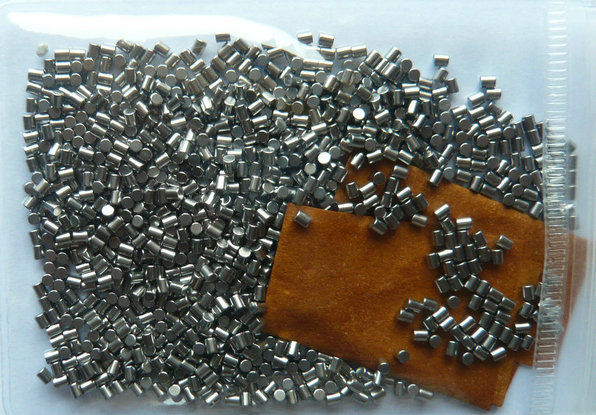
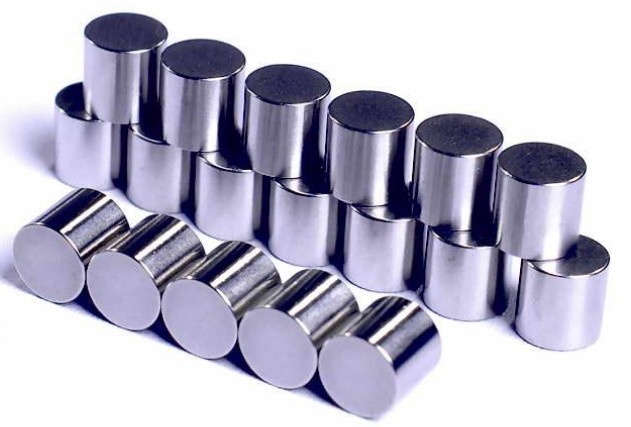
there are several types of stainless steel that can be used to manufacture cylindrical rollers or needle rollers, including austenitic, ferritic, and martensitic stainless steels. the specific type of stainless steel used will depend on the application and the desired properties of the roller, such as hardness, strength, and corrosion resistance.
When torque is applied in the direction of the ramp profile, the cylindrical rollers are forced to roll over the ramps and engage with the outer ring, transmitting torque in the forward direction. When the direction of torque is reversed, the rollers are disengaged from the outer ring and allowed to rotate freely, preventing reverse rotation..
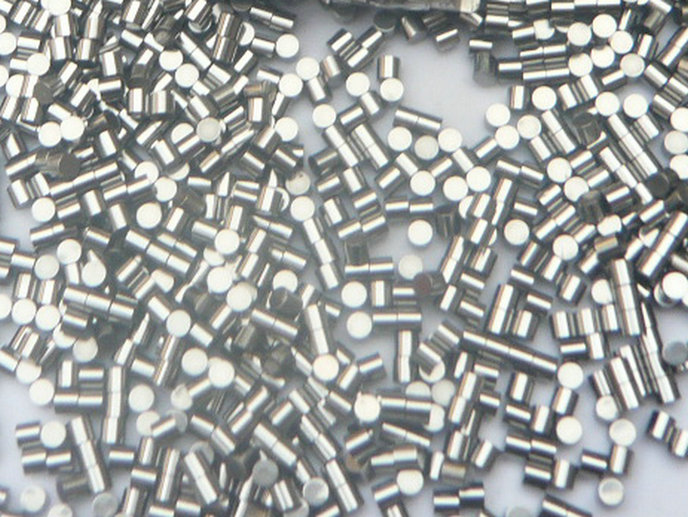
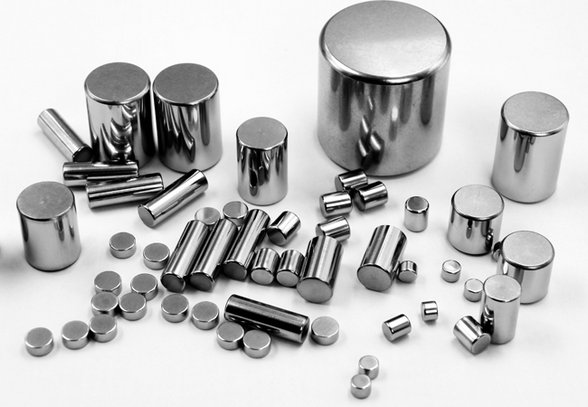
the use of cylindrical rollers in overrunning clutches provides high load capacity and low friction, making them suitable for applications that require high torque transmission, such as packaging machinery, printing presses, and conveyor systems.
stainless steel cylindrical rollers or needle rollers are commonly used in various industrial applications, including food processing, medical equipment, and marine applications, where corrosion resistance is critical. they are also used in high-temperature environments where other materials may degrade, such as in furnaces or ovens.
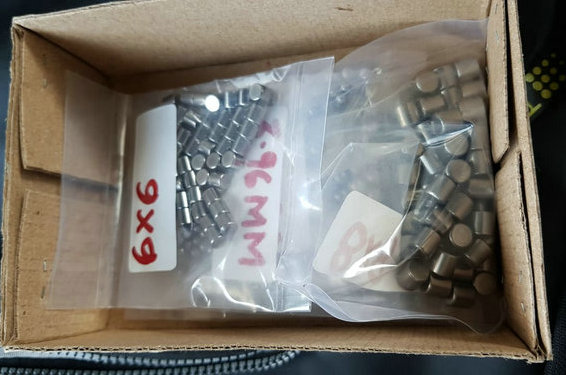
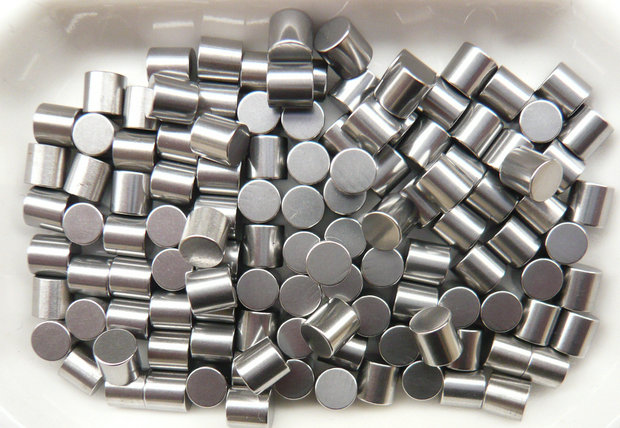
stainless steel cylindrical rollers or needle rollers, that are made from stainless steel, which is a corrosion-resistant alloy that contains at least 10.5% chromium by mass. Stainless steel cylindrical rollers or needle rollers offer several advantages over other types of rollers, including excellent corrosion resistance, high temperature resistance, and good mechanical properties.
the selection of the appropriate cylindrical roller size, material, and accuracy depends on the specific requirements of the cross one-way bearing and the application. The load capacity, torque requirements, and environmental conditions of the application are important factors to consider when selecting cylindrical rollers for use in cross one-way bearings.
standard sizes of cylindrical rollers
| D*L | D*L | D*L | D*L | D*L | D*L | D*L | D*L | ||
|---|---|---|---|---|---|---|---|---|---|
| 1x1 | 1.2x1.2 | 1.5x1.5 | 2x2 | 2.2x2.2 | 2.5x2.5 | 3x1 | 3x1.5 | ||
| 3x2 | 3x2.2 | 3x2.5 | 3x2.7 | 3x3 | 3.5x5 | 4x6 | 4.5x4.5 | ||
| 5x5 | 5x10 | 5.5x8 | 6x8 | 6x12 | 6.5x9 | 7x10 | 7.5x7.5 | ||
| 7.5x11 | 8x10 | 9x9 | 9x14 | 10x11 | 11x11 | 11x15 | 12x14 | ||
| 13x13 | 14x14 | 15x15 | 15x22 | 16x17 | 17x17 | 18x18 | 18x26 | ||
| 19x20 | 20x20 | 21x21 | 22x22 | 22x34 | 24x24 | 24x36 | 25x36 | ||
| 26x28 | 28x28 | 30x30 | 32x32 | 34x34 | 36x36 | 38x38 | 40x40 | ||
| loose rolling elements, cylindrical rollers, precision rollers,bearings rollers only | |||||||||